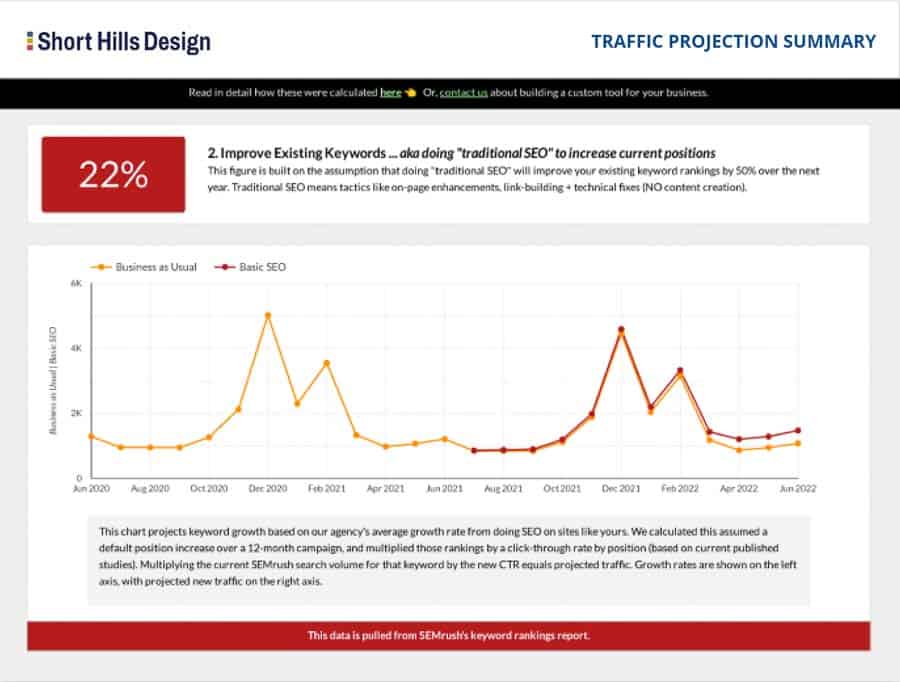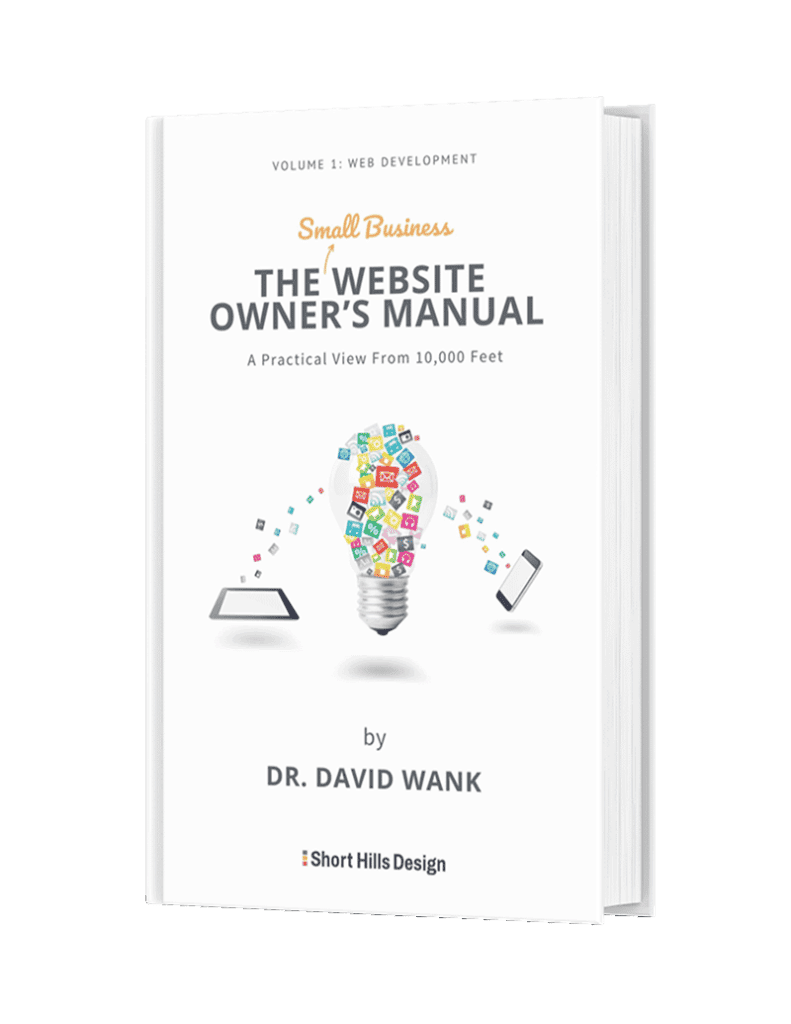
Not all SEO is created equal. If you want SEO that will increase traffic to your website, check out Dr. Wank's next video in his "SEO Q+A Office Hours" webinar.

Question four, how do I know if my SEO campaign is worth it? What data should I look at? Good question. So SEO is really, let me back up. The first thing that you want to know is, am I getting more, SEO is for traffic. That's what it does. SEO gives you traffic and if you get more traffic then your SEO campaign is working. Now obviously your SEO people might say, "Hey, we guarantee you X number of new patients. I don't do that." My goal for it, because I could drive patients or I could, you could spend $10,000 a month with me with ad words. We can get you a hundred phone calls and if your front desk picks up the phone and says, "What?" You're not going to get new patients. So the goal of SEO is to drive traffic to your website. So there are many ways to drive traffic, but organic traffic is the traffic we're looking at, which means search engine traffic.
So here is one of our clients, this is data I pulled from, I pulled it today from last month. But you can see here the segment is organic search. And what we do is if someone wants, I can put this up, I probably have this somewhere. There's a video floating around somewhere. I'll probably post it, that I did a long time ago, but I want to see what's happening with organic search. And so we can see here again, it's hard to get traffic on a dental website. And this isn't all the traffic. This is just search engine traffic. But we can see the years have increased. Now this is a great number, 45% I mean it's just a handful more. But still actually this is, yeah, look at these numbers. So I mean 12 more people. Hey, it's 12 more people. If one of them does Invisalign, life is worth it there. And new you users went up.
So as far as I'm concerned, this is a success, absolute success because we are getting higher percentage of new patients. Actually of users and new users, which is great. That means we're getting to people that we didn't get to before. The bounce rate is a little higher, which is in in this month versus that month. I'm not concerned about a 6% bounce rate. Their pages per session are a little lower, but they spend a lot more time and the contact form rate that they actually get to our contact form is a little higher. Now these are, see this under behavior, these are behaviors, these are more about conversion optimization. These here are telling me that yes, SEO is working because we are getting people in the proverbial website door. Now, what I might want to do is I actually probably want to get more people, but at a bounce rate of 30% I'm not going to touch that. But 5% of them submitted a contact request, which was great.
So at this point I'm not even so worried about doing a conversion rate for this person. I'd probably want to drive more and more organic traffic. And then work on conversion. But that's the measurement that you want to see. I don't want to see you had this many hits or this many visits. It doesn't matter to me. I want to know. And then from your town, so this is organic search in that city. This is not organic search across the United States and Canada. If you are in Tribeca in Manhattan, in New York City, and I'm getting organic visits from people in Montreal, fantastic. I love the Montreal Canadiens, but people in Montreal are not going to come to my practice, my office in Tribeca to get a filling. So your results have to be filtered so that at least they're saying, "Hey, listen, here's the organic search for people who actually matter to you." Not from people who are overseas.

